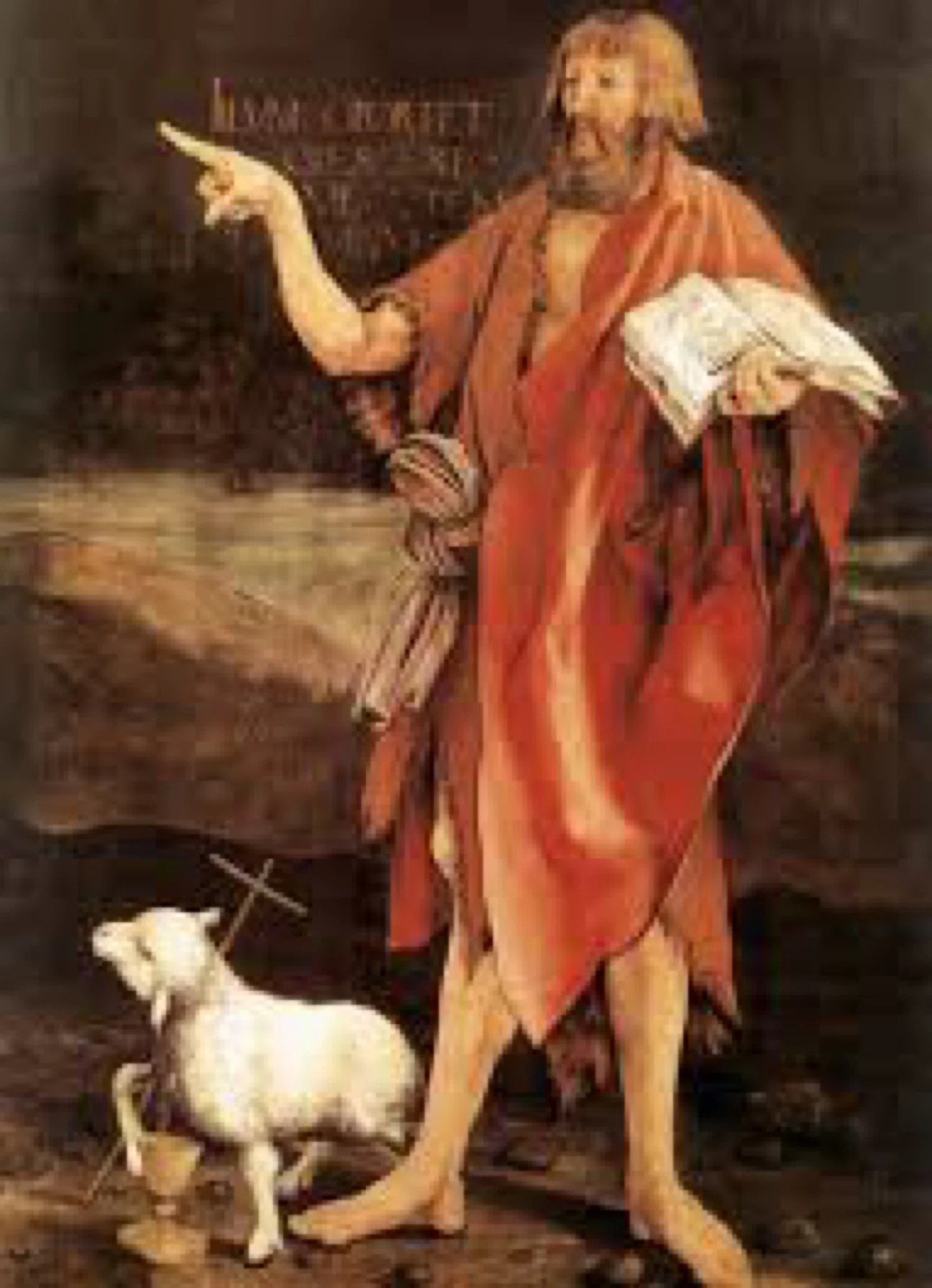Readings for today: John 3-5
I grew up the “hero” of an alcoholic family system. For those who may be unfamiliar with family systems theory, it’s the idea that everyone within a dysfunctional family plays a particular role. Each individual role is designed consciously or subconsciously to help the individual cope with the shame of the brokenness of the particular system. In my family’s case, it was the shame of alcoholism and since I was the hero, I attempted to draw everyone’s attention away from the source of our shame by over-achieving. I did my best to be perfect. I wanted to prove to everyone how I had escaped the system. Overcome the shame. Achieved success despite my background. The result was deep insecurity covered over by an inflated ego.
Naturally, I brought this with me into my work as a pastor. The “hero” mentality in me feasted on the help I was able to provide, the success I had in leading churches, and the praise I received for my pastoral work. This led me to try even harder and achieve even more and I soon found myself burning out. I went to a counselor. He asked me a question in our first session that hit my like a ton of bricks, “Who are you trying to impress, Doug?” For the first time, I began to question my approach to life. Who was I trying to impress? Why was I trying so hard? Why did I live with such deep insecurity? I wish I could say I found answers to these questions right away but it took me several more years and a truly brutal 19 months in Wisconsin to figure things out. God humbled me in Wisconsin in ways that can’t be expressed in words. He broke me utterly. He crucified my ego. He exposed my empty ambitions and vain conceit. He stripped my life down to the studs. Took away all I held dear. Made me the “villain” in my own story and helped me see my desperate need for grace. It was like a 2nd conversion. It was like I was born again…again.
I think this is why I love John the Baptist so much. He has absolute clarity about the real “Hero” of the story. It’s not him. Despite his popularity and fame, he recognizes he is simply a witness. A man called to prepare the way for someone greater than himself. Yes, he has launched a successful ministry. One that changed the lives of who knows how many people. But he recognizes this is not his own work but the work of the Father. “A person cannot receive even one thing unless it is given him from heaven.” (John 3:27) So when his disciples come to him to complain about the growing popularity of Jesus, John’s answer is easy. “He must increase and I must decrease.” (John 3:30) John knows he is the not the bridegroom. He is like the best man, rejoicing greatly to see the bridegroom and hear His voice. Having seen the fulfillment of God’s promise in Jesus, John’s joy is now complete. His work is done. It is enough. He is content.
One of my favorite quotes comes from the founder of the Moravians. A man by the name of the Count Nicolaus von Zinzendorf. He is reputed to have once said, “Preach the gospel. Die. Be forgotten.” I love it. It expresses with clarity the greatest desire of my heart. No matter how significant my influence, how large my church, how successful my ministry, how faithful I am over years of ministry, when I finally retire or pass on I want no one to remember my name. I want no one to give me any credit for what I have done. I have received nothing except that which God has placed in my hands. I have accomplished nothing except through Christ and by His Spirit. I have done nothing worth mentioning except that which God has taken and multiplied many times over. I am simply a vessel through which He does His work. A servant who serves at His pleasure. A lump of clay He has molded for His purposes. May He increase to such an extent in my life that I am completely obscured by His glory and all the credit goes to Him.
Readings for tomorrow: Matthew 8:1-4, 9:1-17, 12:1-21, Mark 1:40-45, 2:1-3:21, Luke 5:12-6:19
